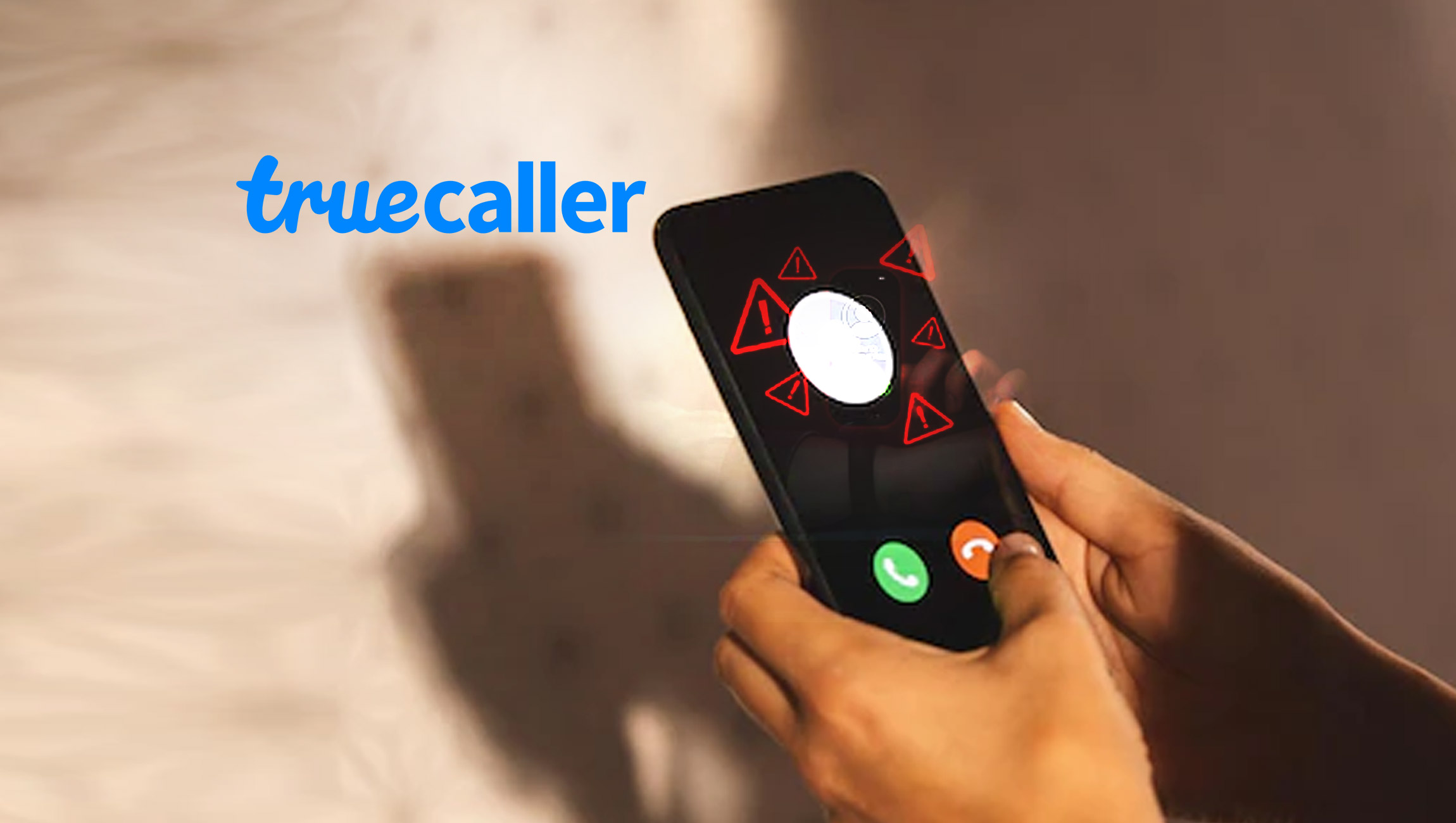Truecaller provides tips on how Latinos can protect themselves from falling victim to common phone and texting scams during the holidays
Truecaller, the leading global platform for verifying contacts and blocking unwanted calls and text messages is urging Latinos in the U.S to be especially vigilant this holiday season. According to research by the AARP, 3 out of 4 Latinos in the U.S. have fallen victim to scams during the holiday season and the majority of Hispanics in the U.S. do not know how to recognize some of the signs of a scam. This season, Truecaller is identifying the top scams that Latinos should be vigilant for and offering practical tips on how to keep themselves and family safe.
According to Truecaller’s Insights 2021 U.S. Spam and Scam Report, conducted in partnership with The Harris Poll, U.S. Hispanics suffered financial loss due to phone scams at a higher rate than the general market. Historically, the holiday season brings an increase in phone scams as scammers prey on the vulnerabilities tied to increased stress during the holidays. During the holiday season, consumer attitudes range from exceptionally generous to very vulnerable during the stresses of holiday planning, travel, and social gatherings. Scammers are very sophisticated social engineers and will use relevant context to target Latinos. Some of the most common scams include:
- Charitable Scams: These scams tug at people’s heart strings by presenting cases for the needy and asking donations for organizations that do not exist or asking for assistance in transfer fees to help “funds reach the needy”. Latinos interested in making donations during the holiday season are advised to know their charity before making any financial contributions.
- False Package Delivery: Many of these scams begin with a text message providing a tracking link so that customers can check on the “status of a package delivery”. It is advised never to click on these and instead call merchants for purchases directly to confirm shipping details. The Smart SMS feature on Truecaller also helps users avoid links from scammers and mitigates how “smishing” work.
- Immigration Scams: These scams usually consist of a supposed immigration officer calling Latino targets and claiming they have either broken the law or have incorrect information on file. As a result, they request payment to cover fees or fines. In addition they use the opportunity to gather personal data and information for future targeting. Always check direct with Immigration and Customs Enforcement (ICE) by calling official government agency. Do not use the number on caller ID for call back.
Marketing Technology News: MarTech Interview With Tal Klein, CMO at Relay Network
“New mobile phones are a common purchase during the holiday season and yet many Latinos are not aware how to protect themselves from common scams targeted through their devices,” says Clayton LiaBraaten, Senior Advisor at Truecaller. “Hispanic consumers make significant investments on new devices, now they need to be empowered to protect themselves and their families from falling victim to phone and texting scams that are more prevalent during this season.”
Following are more tips on how Latino consumers can take on practical steps to protect themselves.
- Think twice before picking up any call from an unknown area code. If it is important, they will leave a voicemail. If they do leave a voicemail, don’t call back until you can confirm it belongs to a legitimate business or person. You can confirm this via the Truecaller website or on the businesses’ website.
- Similarly, if you see questionable text from customer service or a package shipping tracker, don’t click on embedded links. Take a screen shot for reporting purposes and forward a copy of the message to (7726). You should then report it to the Federal Trade Commission at ReportFraud.ftc.gov.
- If you feel you have been defrauded, start by contacting your state’s Consumer Protection Office. Do not delete your call log as you may need this for evidence.
- You can be proactive about protecting yourself by contacting your carrier about their tools to mitigate spam. The FCC has mandated STIR/SHAKEN, a framework of protocols and procedures intended to combat robocallers and scams, which all carriers should have implemented.
- Be vigilant. For your mobile devices – download a free caller ID and spam blocking app like Truecaller from the iOS app store or Google Play store. By identifying inbound calls and texts with names, businesses, or spam indicators, you can have peace of mind and reclaim your phone. The database is updated continuously and works against vishing (voice phishing) and smishing (SMS phishing).
- Sign up for the FTC’s ‘Do Not Call’ list and report unwanted calls here.
- Not all robocalls are fraudulent. Caller ID and spam blocking apps can ensure that important, legitimate calls and messages from healthcare appointments, pharmacies, schools districts, travel and hospitality and financial services get through.
Marketing Technology News: 8 Reasons Out-of-Home Advertising Can Help Fight Inflation











